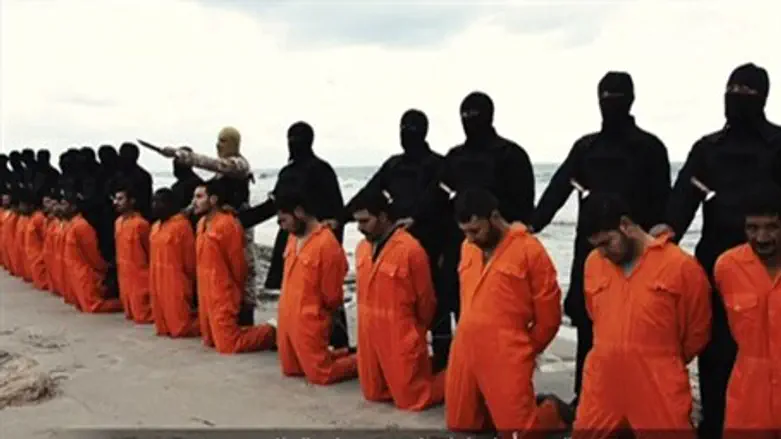
The recent U.S.-hosted Conference on Countering Violent Extremism that brought together the representatives of 60 nations in Washington "did not give birth to a global strategy on terror," states an article in the Egyptian weekly Al-Ahram. It "served instead to underline differences between various points of view, especially those of Cairo and Washington."
As explained by political science professor Gamal Abdel-Gawad of the American University in Cairo, the disagreements between Egypt and the U.S. are stark. The Americans "still see political Islam as a present and legitimate player, not a synonym for extremism,” according to Abdel-Gawad.
Furthermore, the U.S. differentiates "between extremist Islamists and moderate Islamists, and believe that the moderates can be effectively integrated in politics as part of an acceptable political system… U.S. officials believe that the integration of political Islamic currents, including those suspected of extremism, in political life would be beneficial.”
Egypt, whose government has labeled the Muslim Brotherhood a terror group, and which faces terrorist threats in Sinai, neighboring Libya, and elsewhere, does not agree.
Egypt has been pro-active in fighting these threats, including striking by air against ISIS forces in Libya for slaughtering 21 Egyptian Copts. Egypt had expected that the international coalition operating in Syria and Iraq would include Libya on its agenda, but this did not materialize.
U.S. Secretary of State John Kerry told conference participants that the West “is not in a war against Islam” and that terrorist groups do not act in the name of the world’s one billion Muslims. Many Arab countries do not agree. Jordan's foreign minister told the conference that the current confrontation with terrorist groups should be viewed as “World War Three,” while Saudi Arabia called for drying up terrorism sources through concerted global action.
Some believe that the U.S. is "hedging its bets" regarding the ongoing struggle between the Islamic Brotherhood in Egypt and the Egyptian government. Kamal Al-Helbawi, a former top Brotherhood official, said as much, noting that an American national security document of a few weeks ago calls for continued talks with both the government and opposition.
“The moderate Islamism Washington is talking about is the one it wishes to create, not the one it ascribes to the Brotherhood or other so-called moderates," said Al-Helbawi.
The analysis concludes that Egypt’s best option for now is to turn to its Arab partners for help. "Its diplomats will try either to dust off the Arab Joint Defence Agreement, or form a coalition with other nations such as Saudi Arabia, Kuwait, the UAE and Jordan… [and is even] talking to Russian diplomats in Syria about a possible political deal."